Introduction
With cryptocurrency adoption growing every year, having a secure and feature-rich digital wallet is essential for both experienced traders and newcomers to the crypto space. But with so many wallet options on the market, it can be difficult to choose the right one. This guide analyzes and ranks the top 15 cryptocurrency wallets based on key factors like security, supported assets, interface and reputation.
Methods of Evaluation
To evaluate and rank the wallets, we considered the following criteria: security features, number of supported cryptocurrencies and blockchain networks, available features like staking/lending, reputation and brand trust, user interface and experience, number of downloads/users, and additional metrics like number of backlinks, traffic and keyword trend rankings. This provided a well-rounded analysis of the overall quality and popularity of each wallet solution.
1. Mist Wallet
Mist Wallet is a full-featured Ethereum wallet developed by Ethereum that allows users to manage Ether and run decentralized applications (dApps). The wallet has a built-in browser that supports browsing and using dApps. Mist also functions as a developer tool, making it easy to build and test decentralized apps on the Ethereum network.
Pros: The main advantages of Mist Wallet include:
– Full-featured Ethereum wallet with dApp browser built-in
– Serves as a developer tool for building decentralized apps on Ethereum
– Supports using MetaMask on other browsers like Chrome for seamless dApp access
Cons: One potential disadvantage is that as a full-node desktop wallet, it requires higher hardware specs and more storage/bandwidth than lighter options like MetaMask.
Pricing: Mist Wallet is open source software and available for free download on GitHub. There are no subscription or transaction fees to use the basic wallet functionality.
Some key features and stats of Mist Wallet include:
– Supports the MetaMask browser extension for easier access to dApps from other browsers
– Open source software developed by the Ethereum Foundation
– Over 10 million downloads since launching in 2015
2. Opera
Opera is a leading browser known for its integrated features. In addition to its privacy and performance optimizations, Opera also integrated a built-in cryptocurrency wallet directly into the browser.
Pros: Key advantages of Opera’s cryptocurrency wallet include:
– No need to download a separate wallet extension – it’s built directly into the browser
– Easy to access and manage crypto directly from the browser address bar
– Web 3 compatible for interacting with decentralized applications
Cons: Currently limited coin and token support compared to dedicated crypto wallet apps
Pricing: Opera’s crypto wallet is completely free to use with no transaction or staking fees. The browser itself is also free to download and use on all supported platforms.
Some key stats about Opera’s crypto wallet include:
– Over 100 million users globally using Opera
– Available on desktop and mobile browsers
– Supports over 1,000 cryptocurrencies and tokens
3. Binance Wallet
Binance Wallet is a self-custodial crypto wallet from major cryptocurrency exchange Binance. It allows users to easily trade, stake and manage all supported cryptocurrencies and digital assets directly from the Binance ecosystem.
Pros: Some key advantages of Binance Wallet include:
– Self-custodial so users maintain control over their private keys.
– Can directly connect to Binance exchange to trade assets without extra transfer steps.
– Earn yields by staking supported cryptocurrencies directly within the wallet.
– Binance’s industry-leading security from being the world’s largest crypto exchange.
Cons: The main disadvantage is that Binance Wallet only supports assets available on the Binance platform. So access is limited compared to more universal wallet options.
Pricing: Binance Wallet is free to download and use with no transaction or monthly fees. The only costs incurred would be trading or mining fees for using specific network features.
Some key stats about Binance Wallet include:
– Supports over 100 cryptocurrencies including BTC, ETH, BNB, and major altcoins.
– Can be used on both mobile (iOS and Android) and desktop (Chrome extension).
– Strong security features like two-factor authentication from industry-leading cryptocurrency exchange Binance.
– Easily swap between supported assets without having to withdraw to an exchange.
4. Crypto.com
Crypto.com is a leading cryptocurrency platform established in 2016 with over 80 million users worldwide. They offer a crypto wallet and exchange that allows users to securely buy, sell and trade Bitcoin, Ethereum and over 250 other cryptocurrencies.
Pros: Some key advantages of Crypto.com include:
– Secure crypto wallet and exchange from a large and established platform
– Earn cashback and rewards when paying with the MCO Visa card
– Ability to instantly buy crypto with credit/debit cards and swap between different tokens
Cons: One potential disadvantage is that as a large centralized exchange, Crypto.com relies on KYC/AML checks which limits anonymity for some users.
Pricing: Crypto.com does not charge any fees for depositing or withdrawing fiat currencies. Trading fees are tiered based on 30-day trading volume, ranging from 0% to 0.4%.
Some key stats about Crypto.com include:
– Over 80 million users globally
– Supports trading of over 250 cryptocurrencies
– $2+ billion in transactions per month
– MCO Visa card available in over 40 countries
5. Trezor
Trezor is a pioneering hardware wallet that provides robust security for cryptocurrency holdings. The company was founded in 2013 and is based in the Czech Republic. Trezor offers hardware wallets that securely store private keys offline for added protection against hacking or theft.
Pros: Some key advantages of Trezor include robust security for long-term storage of cryptocurrency holdings, support for many major coins and tokens, and an easy to use interface for sending and receiving transactions.
Cons: One potential downside is that recovering funds from a Trezor requires going through a recovery process if the seed phrase is lost. This adds an extra step versus software wallets where keys can sometimes be recovered directly from the wallet files.
Pricing: Trezor Model T is priced at $169 while the Trezor One costs $59. Both include the device, recovery seed, and simple setup process. No recurring fees apply.
Trezor supports over 1,500 cryptocurrencies and tokens. It has processed over $1 billion in cryptocurrency transactions since launching. The Trezor Model T and One are the most popular hardware wallet models.
6. MetaMask
MetaMask is one of the most popular cryptocurrency wallets for storing, managing and exchanging digital assets like Ethereum, Bitcoin and NFTs. It is a web browser extension that allows users to securely interact with decentralized applications (dApps) and smart contracts on the Ethereum blockchain.
Pros: Some key advantages of MetaMask include:
– Works on all major browsers like Chrome, Firefox and Brave
– Supports multiple wallets for personal and business use
– Easy to use interface for sending, receiving and storing cryptocurrencies
– Allows access to popular decentralized finance (DeFi) apps and NFT marketplaces
Cons: One potential disadvantage is that like any cryptocurrency wallet, private keys are stored locally on the device. If a user loses access to the device or forgets their password, their funds may be lost forever with no way to recover access.
Pricing: MetaMask is completely free to download and use. There are no subscription or transaction fees imposed by MetaMask. However, gas fees may apply for transactions conducted on the Ethereum network.
Some key stats about MetaMask include:
– Over 34 million users
– Works with popular decentralized applications like Uniswap, Compound and OpenSea
– Supports thousands of Ethereum tokens and ERC-20, ERC-721 and ERC-1155 assets
7. Ledger
Ledger is a leading provider of cryptocurrency hardware wallets. A hardware wallet is considered the most secure way to store cryptocurrencies as it keeps the private keys needed to access funds offline and isolated from hacking risks on internet-connected devices. Ledger’s flagship products are the Nano S and Nano X wallets, which support over 1,800 cryptocurrencies and tokens.
Pros: Key advantages of Ledger hardware wallets include:
– Private keys are stored offline on the wallet’s secure element chip, protecting them from malware and internet hacks
– Works with apps like MetaMask to interact with blockchains while keeping funds safe offline
– Supports a wide range of cryptocurrencies out of the box with easy firmware updates
Cons: One potential disadvantage is that if the hardware wallet is lost or damaged, user funds may be permanently inaccessible without the recovery phrase backup.
Pricing: Ledger’s Nano S wallet retails for around $59 while the Nano X with Bluetooth capability is priced at $119. Both devices also have optional subscription services for additional features.
Some key stats about Ledger hardware wallets include:
– More than 3 million devices sold worldwide
– Support for over 1,800 cryptocurrencies and tokens
– Backed by over $120 million in funding from investors
8. Anchor Wallet
Anchor Wallet is the official Solana wallet developed by Anthropic. It is a non-custodial wallet that allows users to securely manage their SOL tokens and supported tokens on the Solana blockchain. As the go-to wallet for the Solana ecosystem, Anchor Wallet provides a simple interface for storing, sending and receiving cryptocurrency as well as interacting with dApps.
Pros: ‘Go-to wallet for the Solana ecosystem ‘, ‘Manage SOL and supported tokens simply’, ‘Built-in support for interacting with dApps’
Cons: While Anchor Wallet is very full-featured, its non-custodial nature means users are responsible for keeping their private keys safe. If private keys are lost or stolen, funds cannot be recovered.
Pricing: Anchor Wallet is completely free to download and use on both mobile and desktop. There are no fees for sending or receiving transactions within the Solana blockchain.
Key stats about Anchor Wallet include:
– Over 1.5 million downloads across iOS and Android
– Supports managing hundreds of different token projects on Solana
– Simple and easy-to-use interface for both beginners and experienced users
9. Bitpay Wallet
Bitpay Wallet is a cryptocurrency wallet developed by Bitpay, a leading provider of Bitcoin and cryptocurrency payment services since 2011. With over 1 million users, Bitpay Wallet allows users to securely store, buy, exchange and spend cryptocurrencies like Bitcoin.
Pros: Some key advantages of Bitpay Wallet include:
– Trusted brand with over 10 years of experience in cryptocurrency payments
– Easy to use interface makes it accessible for beginners
– Buy and sell cryptocurrencies seamlessly without needing to transfer funds to an exchange
– Ability to spend cryptocurrency balances using a linked debit card everywhere that accepts Visa/Mastercard
Cons: One potential disadvantage is that as a custodial wallet, Bitpay has control over users’ private keys which means funds are not fully in the users’ own possession compared to a non-custodial wallet.
Pricing: Bitpay Wallet is free to download and use. Transaction fees apply when buying or selling cryptocurrencies within the app. Standard cryptocurrency network fees apply for on-chain transactions like sending funds to another wallet.
Some key stats about Bitpay Wallet include:
– Supports over 30 cryptocurrencies including Bitcoin, Ethereum, Dogecoin and more
– Over 1 million users globally
– Ability to instantly buy and sell cryptocurrencies directly within the app
– Option to spend cryptocurrencies anywhere using a linked debit card
10. Trust Wallet
Trust Wallet is a popular cryptocurrency wallet for storing and managing crypto assets. As a self-custodial wallet, Trust Wallet gives users full control over their private keys and does not hold funds on behalf of users. Trust Wallet was acquired by Binance in 2018 and has since grown to support over 180,000 crypto assets across multiple blockchain networks.
Pros: Some key advantages of Trust Wallet include:
– Cross-platform availability on Android and iOS devices
– User-friendly interface for managing multiple crypto assets easily
– Secure self-custodial storage with built-in security features
– Supports a wide range of cryptocurrencies and tokens across multiple chains
– Integrated DApps browser for interacting with decentralized applications
Cons: One potential disadvantage is that as a self-custodial wallet, users are fully responsible for securely backing up and storing their private keys. If private keys are lost or stolen, users may lose access to their funds permanently without a backup.
Pricing: Trust Wallet is completely free to download and use on mobile devices. There are no subscription fees. However, network transaction fees may apply when sending or receiving cryptocurrencies on their respective blockchains.
Some key stats about Trust Wallet include:
– Over 20 million downloads across Android and iOS platforms
– Supports over 180,000 cryptocurrencies and tokens including BTC, ETH, BNB, TRX and more popular assets
– Available in over 190 countries worldwide
– Integrated wallet for buying and storing Binance Smart Chain tokens
11. BlockFi Wallet
BlockFi Wallet is a cryptocurrency wallet developed by cryptocurrency financial services company BlockFi. BlockFi Wallet allows users to store, send and receive selected cryptocurrencies like Bitcoin, Ethereum and more. In addition to crypto wallets, BlockFi Wallet also offers a USD wallet to store fiat currency for added security.
Pros: Key advantages of BlockFi Wallet include:
– Ability to earn interest on cryptos like Bitcoin and Ethereum
– Built by trusted and well-established crypto financial service BlockFi
– USD wallet adds an additional layer of security for holding fiat currency
– Insured cryptocurrency holdings provide peace of mind
Cons: One potential disadvantage is that interest rates offered on cryptocurrency balances held in the wallet are variable and not guaranteed.
Pricing: BlockFi Wallet is free to download and use for basic functions like sending and receiving cryptocurrency. The interest earning features on select cryptocurrency balances held in the wallet have no additional fees.
Some key stats about BlockFi Wallet include:
– Earn up to 8.6% APY interest on selected cryptocurrencies held in the wallet
– Used by over 500,000 customers globally
– Insured holdings up to $250,000 by the FDIC and private insurers
12. Blockstream Green
Blockstream Green is a simple and secure Bitcoin-only mobile wallet developed by Blockstream. Blockstream is the global leader in Bitcoin and blockchain technologies, building the foundations for the financial infrastructure of the future.
Pros: Some key advantages of Blockstream Green include:
– Simple and straightforward mobile interface for Bitcoin
– Private keys are encrypted and stored exclusively on the user’s device
– Multi-signature security protocol provides extra protection for funds
– Open source code allows for transparency and external security reviews
Cons: As a Bitcoin-only wallet, the main disadvantage is the lack of support for other cryptocurrencies or digital assets. For some users seeking a more full-featured multi-coin wallet, this could be seen as a limitation.
Pricing: Blockstream Green is available to download and use for free on iOS and Android. There are no transaction or account fees associated with the wallet.
Some key stats about Blockstream Green include:
– Used by over 1 million Bitcoin holders worldwide
– Non-custodial wallet structure with multi-signature security
– Focused exclusively on private key handling and Bitcoin
13. Enjin Wallet
Enjin Wallet is a cryptocurrency wallet developed by Enjin for storing, sending and receiving cryptocurrencies and non-fungible tokens (NFTs). The wallet focuses on making cryptocurrencies and NFTs accessible for gaming and digital collectibles.
Pros: Some key advantages of Enjin Wallet include:
– Dedicated wallet for gaming and entertainment assets
– Built-in support for popular game titles
– Supports cryptocurrencies and ERC-1155 crypto tokens
– Easy to use interface designed for mainstream adoption
Cons: One potential disadvantage is that as a third party wallet, Enjin Wallet does not allow users to retain full control over their private keys. However, Enjin takes security very seriously to mitigate this risk.
Pricing: Enjin Wallet is completely free to download and use. There are no fees for basic wallet functions like sending, receiving or storing cryptocurrencies and NFTs.
Some key stats about Enjin Wallet include:
– Over 5 million users
– Supports over 250 game integrations including popular titles like Minecraft, Decentraland, and The Sandbox
– Stores over $1 billion worth of digital assets
14. Luno
Founded in 2013, Luno is a South Africa-based cryptocurrency exchange and digital wallet. Available in over 40 countries across Africa and Asia, Luno allows users to securely buy, sell, store and exchange Bitcoin (BTC) and Ethereum (ETH).
Pros: Some of the key advantages of using Luno include:
– Multi-coin support for Bitcoin and Ethereum
– Intuitive mobile apps for trading on the go
– Wide country availability across Africa and Asia
– Buying cryptocurrencies made easy via bank transfer or cards
Cons: One potential disadvantage is that Luno currently only supports Bitcoin and Ethereum, so those looking to store other cryptocurrencies will need to use a different wallet.
Pricing: Luno does not charge any fees for buying, selling or storing cryptocurrencies. However, small transaction fees will apply when exchanging between BTC and ETH or withdrawing funds from the wallet.
Some key stats about Luno include:
– Over 5 million verified users globally
– Available in over 40 countries worldwide
– Support for buying and selling BTC and ETH via bank transfer or debit/credit card
– Android and iOS apps available for easy mobile access
15. BitGo
BitGo is a leading provider of cryptocurrency security solutions, including cryptocurrency wallets and custody services. Founded in 2013, BitGo provides institutional-grade custody and storage solutions that have helped secure billions of dollars worth of digital assets.
Pros: Key advantages of using BitGo include:
– Institutional-grade security and compliance
– Military-grade encrypted private keys never touch the internet
– Multi-signature requiring 3/5 or 5/7 approvals for transactions
– Insurance coverage up to $100 million for custodial assets
Cons: One potential disadvantage is that as a security-first product, the user experience may not be as seamless or user-friendly compared to other mainstream wallet options.
Pricing: BitGo offers both free and paid plans. Free plans offer basic wallet functionality while paid plans ranging from $30-10,000 per month are tailored for institutional needs like advanced reporting, dedicated account managers and API/SW integration.
Some key stats about BitGo include:
– Secures over $40 billion in digital assets under custody
– Processes over $15 billion in daily transaction volume
– Offers multi-signature wallet storage for high net worth individuals and institutional clients
Conclusion
While there are many quality crypto wallet options, the wallets that ranked at the top combined top-notch security with support for a wide variety of coins and features to simplify the cryptocurrency experience. No matter your experience level or specific needs, there should be a highly-rated wallet on this list that fits your requirements. Do your research and choose carefully – your cryptocurrency security depends on it.






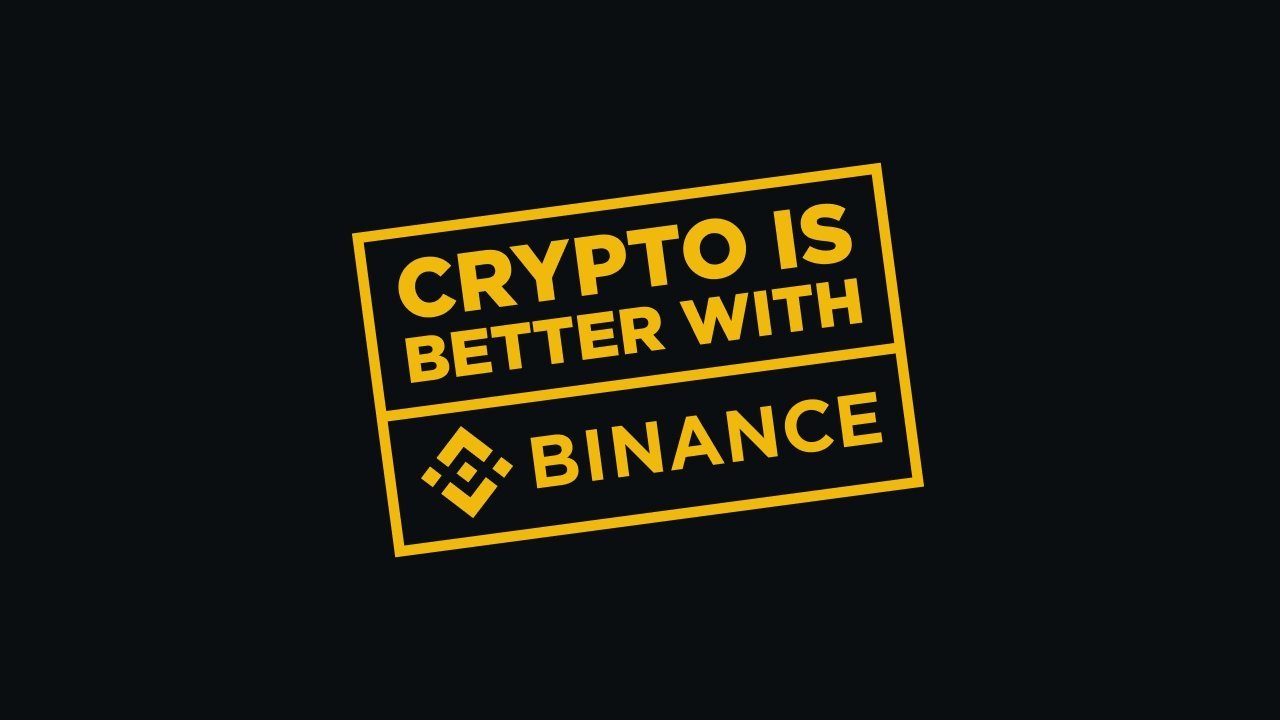
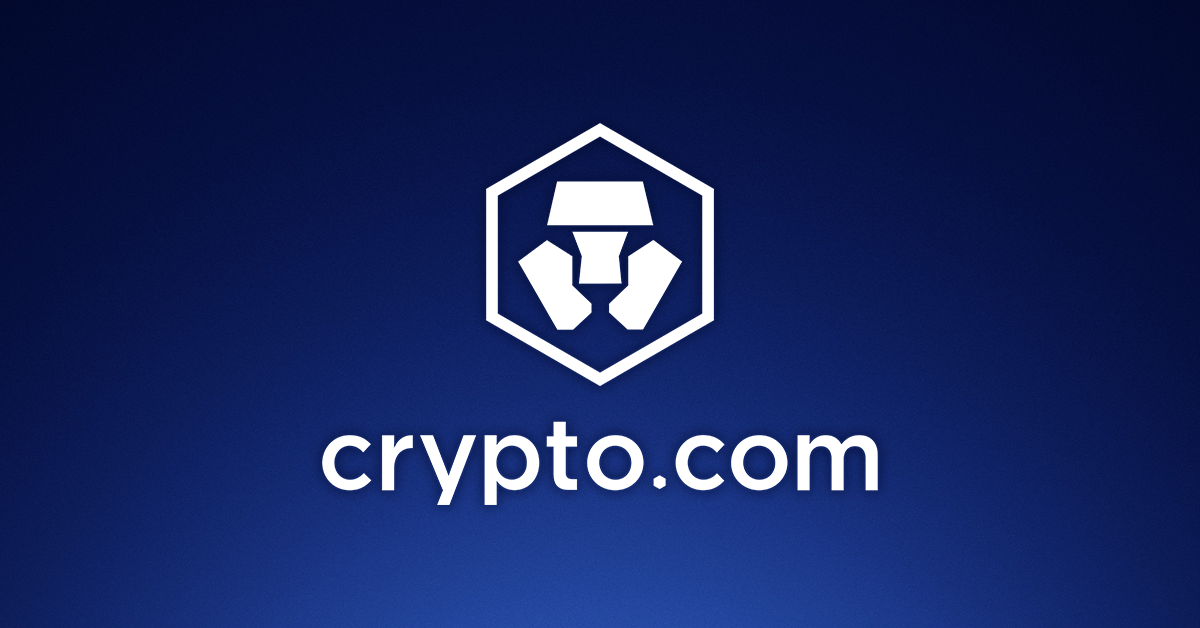



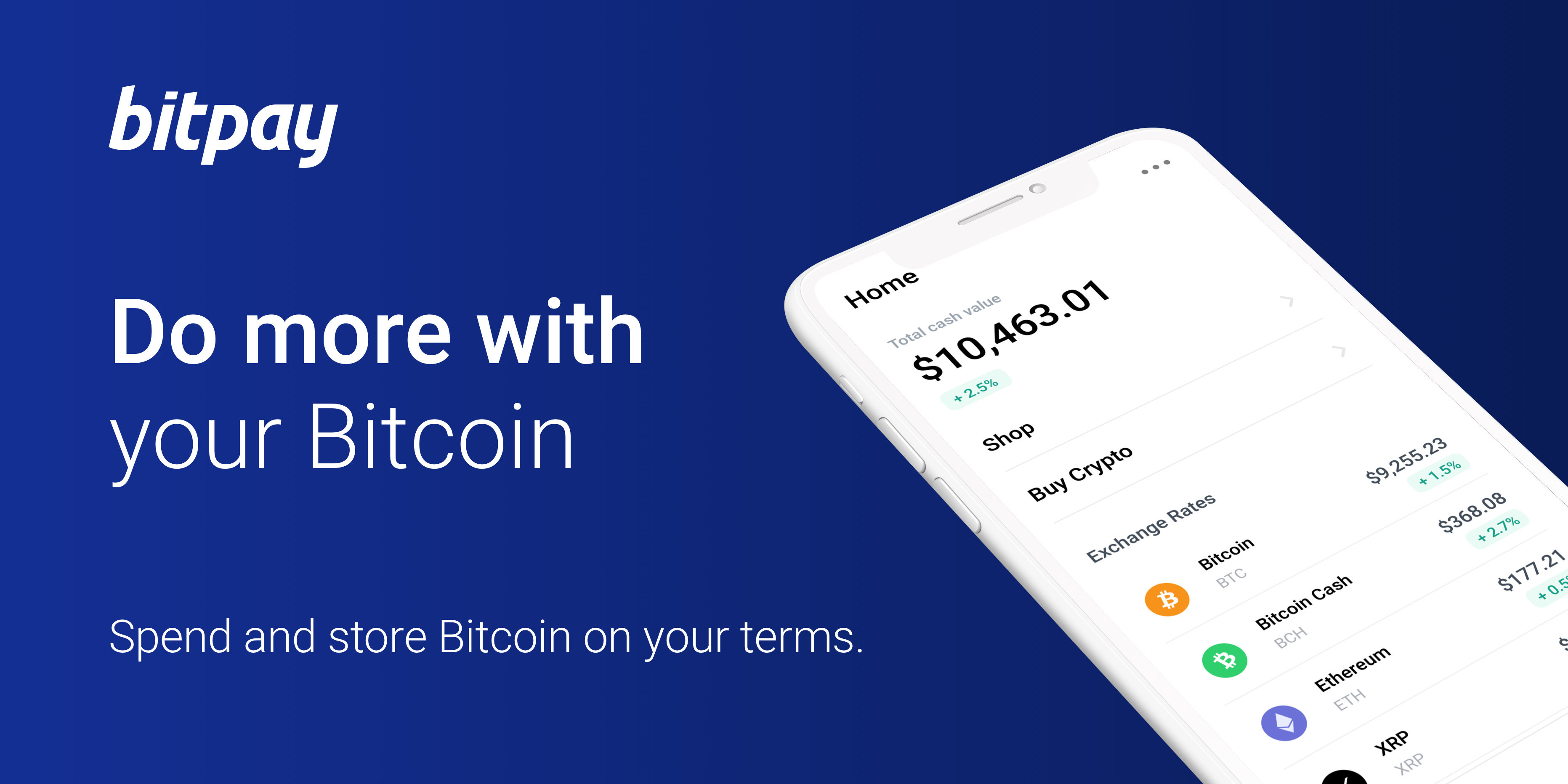
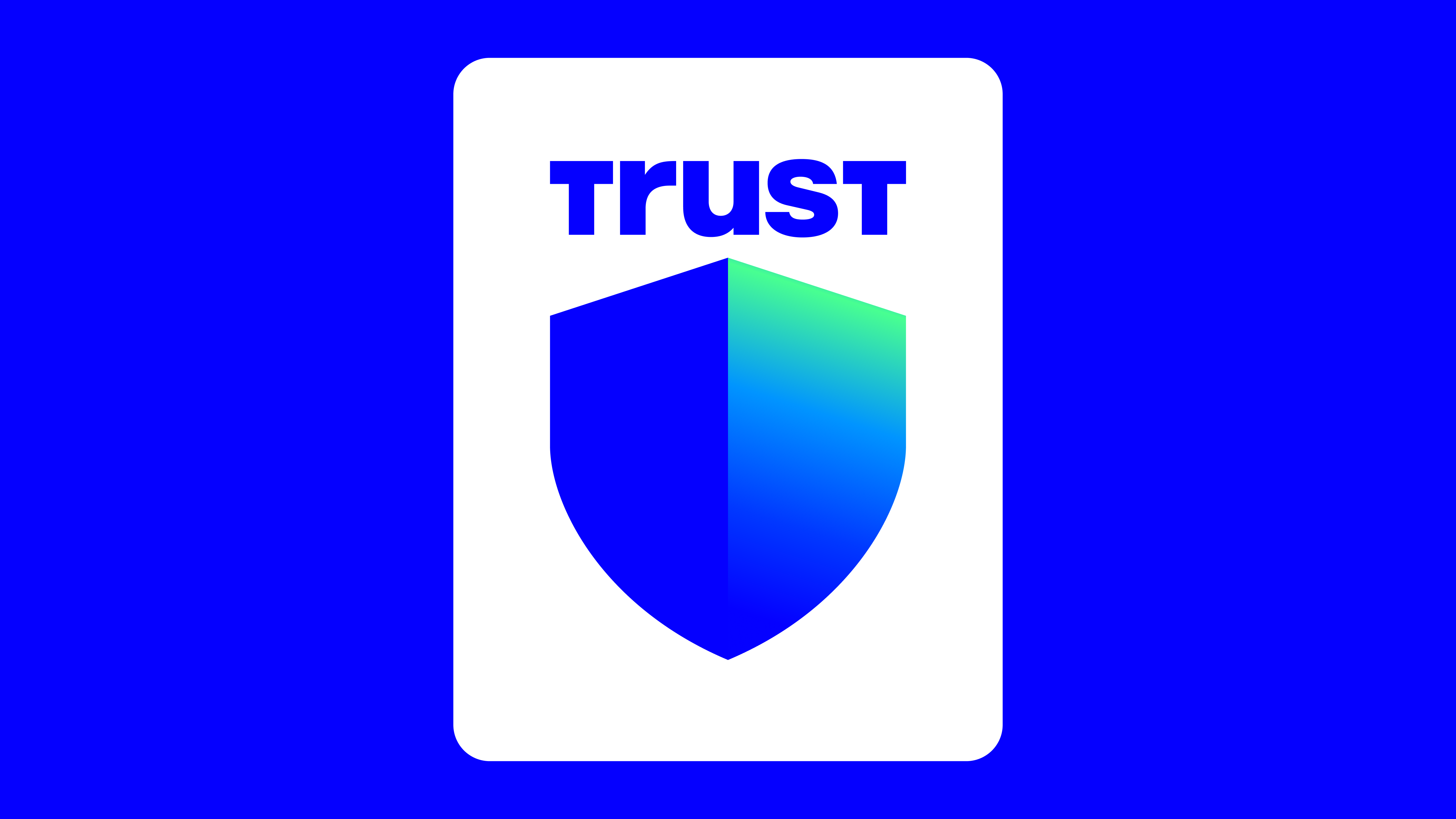

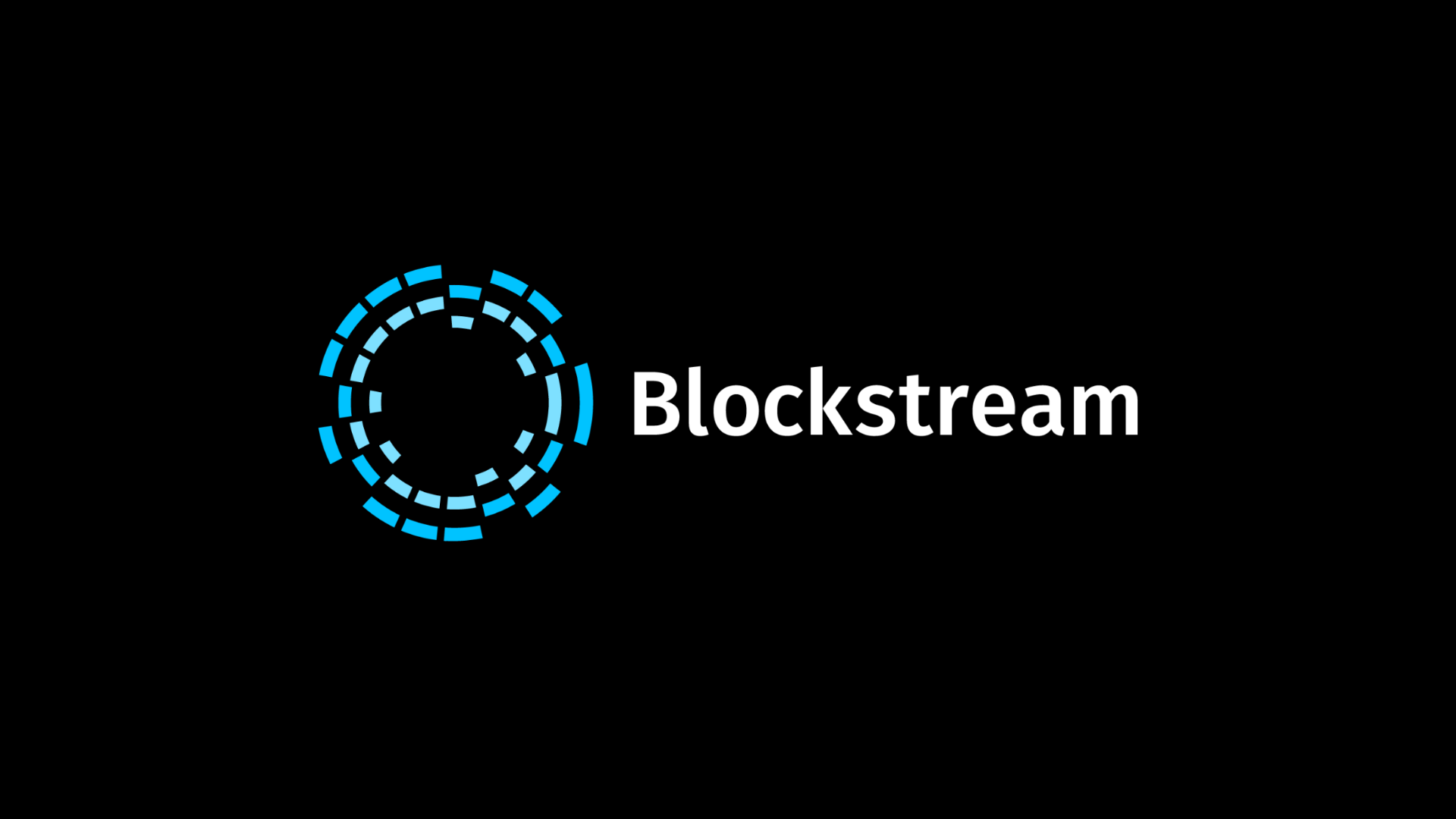
.png)
